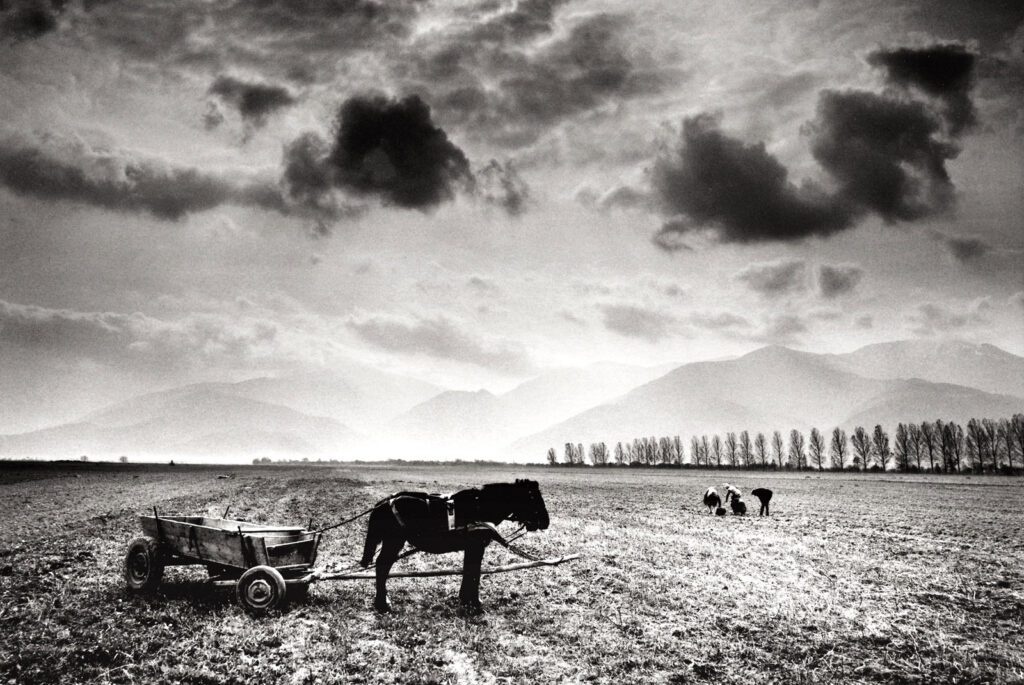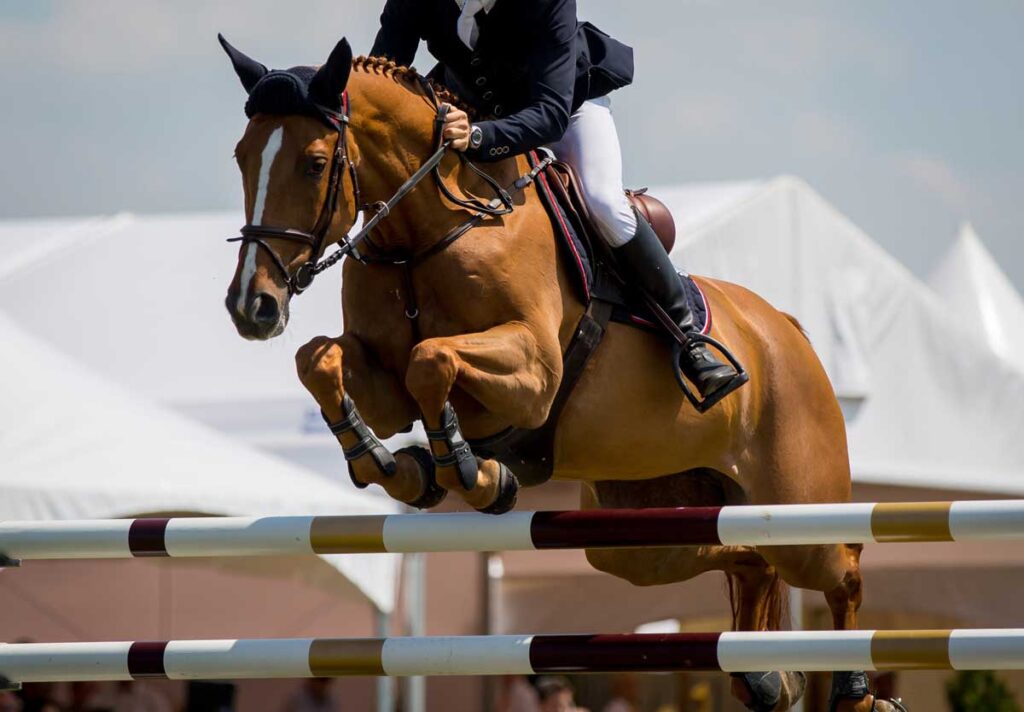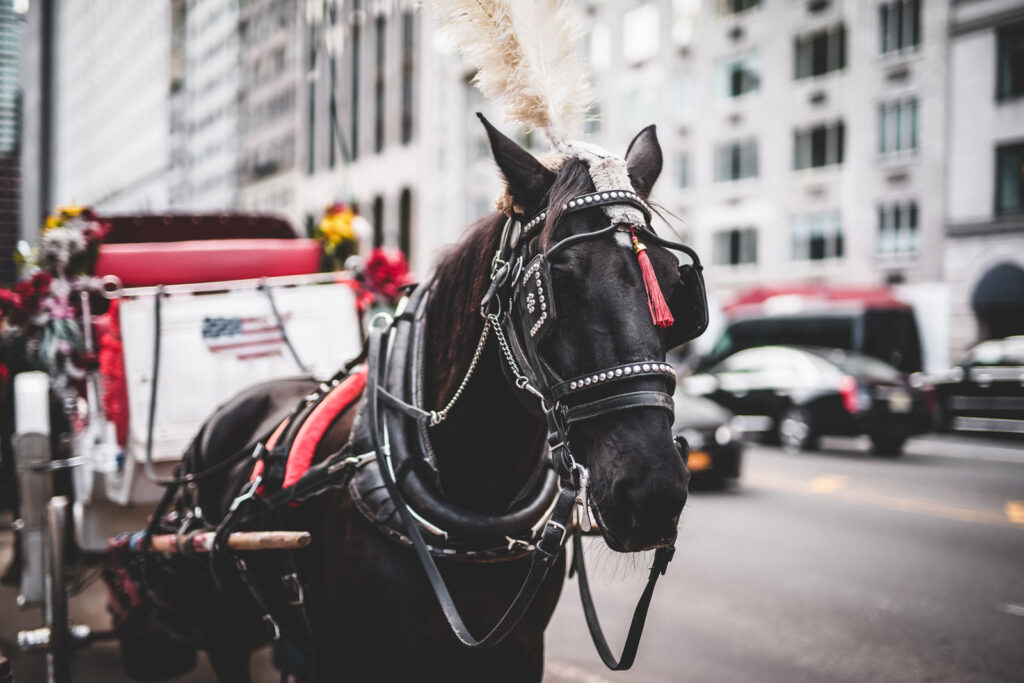Animals with jobs, Horse Health
Animals with jobs – Horses
Next up in our ‘animals with jobs’ series are horses.
Anyone who is fortunate enough to have horses in their life knows just how special they are. They’re kind, patient, generous of spirit and these powerful creatures have been instrumental in the development of human society.
The term horsepower is now a standard unit of measurement of power, or the rate at which work is done. The term was adopted in the late 18th century by Scottish engineer James Watt to compare the output of steam engines with the power of draft horses. But horses’ role in society has come a long way since then. From Olympic athlete to film star to seeing-eye therapy animal, the talent and versatility of horses knows no bounds.
Working Horses
For centuries, working horses were the main source of power – the driving force of agriculture, transport, mining and warfare. They have been replaced by cars, buses, tractors and trains, but in 1900, almost every vehicle on the streets of London was horse-drawn and even as recently as 1999, pit ponies were still working underground in British coal mines.

Working horses, ponies and donkeys are still relied upon today by one billion of the world’s poorest people for their livelihoods. Some 200 million working animals do the jobs of trucks, tractors and taxis, making it possible for impoverished families to earn a small income. However, these animals often lead short, painful lives, with tough working conditions, inadequate nutrition and little or no access to veterinary treatment. Thankfully there are many charitable organisations dedicated to improving the life of working equids, such as SPANA, The Brooke, World Horse Welfare and The Donkey Sanctuary and we are in awe of the amazing work they do.
While horses still play an essential, utility based role in the developing world, in developed nations their role has shifted to a relationship grounded in sport, leisure, tourism and companionship. From horse racing to polo, from dressage and show jumping to three day eventing and from western pleasure to barrel racing, there are many, many sports and leisure activities in which human athletes partner with equine athletes to work together as a team. While one may question whether it’s ethical to use horses in sport for our entertainment, we agree with Roly Owers – the Chief Executive of World Horse Welfare – that the answer to this question is yes, so long as the interests of the horse come before everything else. And anyone that has witnessed the excitement expressed by a horse at the start of a cross country ride, or in anticipation of a show jumping competition, will understand that horses can really love to do what’s asked of them.

Europe is the location of more than 70% of the equestrian events (more than 15,000 organised in Europe) each year worldwide1. These horses create more than one million direct or related jobs – vets, farriers, saddlers, the food and agricultural sectors (forage, oats etc) and the pharmaceutical, clothing and transport industries, to name just a few. The sector is also a global creator of jobs, especially in rural areas and in female employment. So they pull their weight to help the economy too!
Horses Helping Humans
Horseback riding is a healthy activity for improving body awareness, strength and coordination. Furthermore, the experience of working with a living animal, taking care of their daily needs and the daily activity that goes along with horse ownership undoubtedly contributes to the mental health of the rider, The phrase ‘thank goodness for horses!’ regularly escapes many an equestrian’s mouth, particularly during these trying times that we are currently living through.
As we’ve explored in our other ‘animals with jobs’ articles, the pet effect on our mental health is real. And while many different animals have the skills and attributes to become therapy animals, the power of horses and their quiet ability to respond and connect means that they have a special place in helping humans to heal.
The health effects of contact with a horse, as well as riding itself, have led to the establishment and growth of equine therapy concepts such as Hippotherapy (complementary to physiotherapy), Riding for the Disabled (sport riding as well as leisure riding) and Curative Education (i.e. therapy for people with behavioural disorders or psychological disabilities).
The positive effects have also been discovered by management training seminar coaches who increasingly use horses for development of leadership and behavioural training of business executives, as well as for motivation and improving social competence.
Sir Winston Churchill once said: “There is nothing better for the inside of a man than the outside of a horse” and this truth lies at the heart of equine therapy, also known as Equine-Assisted Therapy (EAT). During the coronavirus pandemic many of these location-based activities have had to be put on hold, but some resourceful organisations are working hard to ensure that blind and multi-disabled children are getting the horse time they need.
Meet Panda
Panda does everything that a guide dog can, but there’s one difference – she’s a miniature horse!
You might wonder why one might choose a small horse such as Panda to train as a seeing-eye horse, given the obvious talent that dogs have for the task? The fact that a pony can live up to 4 times longer than a dog goes a long way to answering this question, allowing the pony’s human partner to enjoy their companionship and guidance for far longer than might be possible with a dog.
In the UK, Digby is similarly turning heads as the country’s first guide horse and we hope to see more and more special little ponies like Panda and Digby providing guidance to those who need it in the future.
If you have not yet experienced the brightness that contact with a horse can bring to your day, why not book a slot with your local horse riding centre and see exactly what a little horse time can bring to your life.
- European Horse Network






Pingback: Top Compilation 8 what do horses do most viewed » Review hay nhất